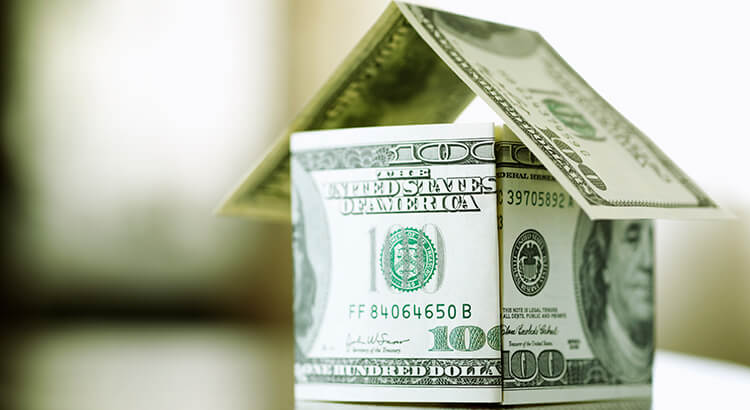Do You Know How Much Equity You Have In Your Home? You May Be Surprised!

CoreLogic’s latest Equity Report revealed that 256,000 properties regained equity in the third quarter of 2015. This is great news for the country, as 92% of all mortgaged properties are now in a positive equity situation.
Price Appreciation = Good News For Homeowners
Frank Nothaft, CoreLogic’s Chief Economist, explains:
“Home price growth continued to lift borrower equity positions and increase the number of borrowers with sufficient equity to participate in the mortgage market. In the last three years, borrowers with at least 20 percent equity have increased by 11 million, a substantial uptick that is driving rapid growth in home equity originations.”
Anand Nallathambi, President and CEO of CoreLogic, believes this is a great sign for the market in 2016 as well, as he had this to say:
“Homeowner equity is the largest source of wealth for many Americans. The rise in home prices, expected to be at least 5% in 2016, will continue to build wealth and confidence across America. As this process continues, it will provide support for the housing market and the broader economy throughout [the] year.”
This is great news for homeowners! But, do they realize that their equity position has changed?
A study by Fannie Mae suggests that many homeowners are not aware that they have regained equity in their home as their investment has increased in value. For example, their study showed that 23% of Americans still believe their home is in a negative equity position when, in actuality, CoreLogic’s report shows that only 8% of homes are in that position (down from 9% in Q2).
The study also revealed that only 37% of Americans believe that they have “significant equity” (greater than 20%), when in actuality, 74% do!
This means that 37% of Americans with a mortgage fail to realize the opportune situation they are in. With a sizeable equity position, many homeowners could easily move into a housing situation that better meets their current needs (moving to a larger home or downsizing).
Fannie Mae spoke out on this issue in their report:
“Homeowners who underestimate their homes’ values not only underestimate their home equity, they also likely underestimate 1) how large a down payment they could make with their home equity, 2) their chances of qualifying for mortgages, and, therefore, 3) their opportunities for selling their current homes and for buying different homes.”
Bottom Line
If you are one of the many Americans who are unsure how much equity you have built in your home, don’t let that be the reason you fail to move on to your dream home in 2016! Let’s get together to evaluate your situation!
The Number of Homes for Sale Is Increasing
In today’s homebuying market, it’s more important than ever to find a real estate agent who really knows your local area.
Thinking of Selling? You Want an Agent with These Skills
A great agent will be very good at explaining what’s happening in the housing market in a way that’s easy to understand.
Home Prices Are Climbing in These Top Cities
Persistent demand coupled with limited housing supply are key drivers pushing home values upward.
How Buying or Selling a Home Benefits Your Community
It makes sense that housing creates a lot of jobs because so many different kinds of work are involved in the industry.
Tips for Younger Homebuyers: How To Make Your Dream a Reality
An agent will help you prioritize your list of home features and find houses that can deliver on the top ones.
What Is Going on with Mortgage Rates?
Based on current market data, experts think inflation will be more under control and we still may see the Fed lower the Federal Funds Rate this year.






